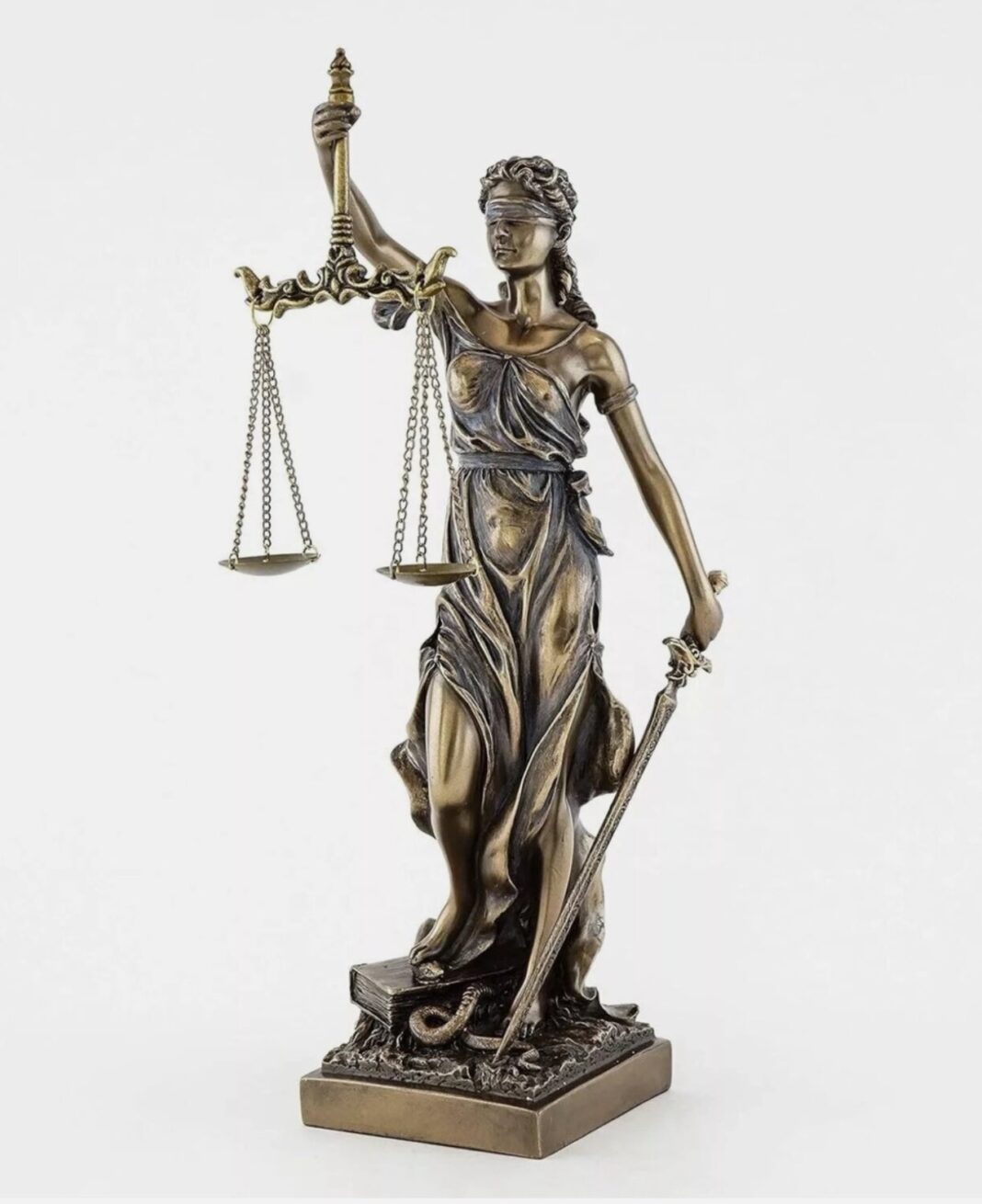Judicial independence is one of the cornerstones of constitutional democracy, ensuring that the judiciary is free from undue influence by the executive and legislative branches. In Ghana, the 1992 Constitution enshrines judicial independence under Article 125 and provides safeguards for judges, including security of tenure and protection from arbitrary removal. However, the recent removal of Chief Justice Gertrude Esaaba Araba Sackey Torkornoo in September 2025 has reignited debates on the fragility of judicial autonomy in Ghana’s Fourth Republic. This essay explores the constitutional context of judicial independence, the background to Chief Justice Torkornoo’s removal, and the broader implications for Ghana’s democratic governance.
Judicial Independence in Ghana
The 1992 Constitution of Ghana explicitly protects judicial independence. Article 125(3) stipulates that the judiciary “shall be independent and subject only to the Constitution,” while Article 127 prohibits interference by any authority in judicial functions (Republic of Ghana, 1992). Scholars argue that such safeguards are vital for the protection of fundamental rights and for maintaining checks and balances within Ghana’s hybrid presidential system (Appiagyei-Atua, 2019; Frempong, 2017).
The Chief Justice, as the head of the judiciary and chair of the Judicial Council, embodies this independence. Their security of tenure is guaranteed through Article 146, which sets a high threshold for removal: a petition alleging stated misbehavior, incompetence, or incapacity, followed by an investigation by a specially constituted committee (Republic of Ghana, 1992).
The Removal of Chief Justice Torkornoo
On April 22, 2025, President John Dramani Mahama suspended Chief Justice Torkornoo following multiple petitions alleging misconduct, and referred the matter to the Council of State in line with Article 146 (Reuters, 2025a). A five-member investigative committee was subsequently established, which after months of inquiry, found her guilty of misconduct. Based on the committee’s recommendations, President Mahama formally removed her from office on September 1, 2025 (Reuters, 2025b).
The process, however, generated significant controversy. Critics, including opposition politicians and civil society actors, argued that Torkornoo was not promptly furnished with the petitions against her, potentially violating her constitutional right to a fair hearing (Graphic Online, 2025). The Africa Judicial Independence Fund (AJIF) also cautioned against politicizing the removal process, stressing that such actions risk undermining judicial independence (MyJoyOnline, 2025). Torkornoo herself described the move as setting a “dangerous precedent” for the judiciary, arguing that it weakened security of tenure for judges across the system (Joy News, 2025).
Implications of the Removal
Erosion of Judicial Independence: The removal of a Chief Justice under contested circumstances risks creating the perception that the judiciary is vulnerable to executive interference. If judges fear reprisal for decisions that displease the political establishment, they may adopt a posture of self-censorship, undermining the principle of impartial justice (Appiagyei-Atua, 2019).
Public Confidence and Legitimacy: Public trust in the judiciary depends on perceptions of neutrality and fairness. The controversy surrounding Torkornoo’s removal—framed by some as politically motivated—has the potential to diminish confidence in the judiciary’s ability to act as a neutral arbiter (BBC, 2025). A decline in legitimacy may push citizens towards extra-judicial means of dispute resolution, undermining the rule of law.
Separation of Powers Concerns: The central role of the executive in initiating and finalizing the removal process raises concerns about the balance of powers. While constitutional mechanisms exist to hold judges accountable, the concentration of authority in the presidency risks upsetting the equilibrium between executive and judicial arms (Boafo-Arthur, 2008).
Institutional Continuity and Reform: The abrupt removal of a Chief Justice disrupts continuity in judicial reforms. Torkornoo had spearheaded digitization efforts and reforms aimed at reducing case backlogs. Her exit interrupts these processes, creating uncertainty within the judiciary and weakening long-term institutional development (Joy News, 2025).
Regional and International Implications: The case has also attracted international attention. Torkornoo has appealed to the ECOWAS Court of Justice, arguing that her removal violated due process (Ghana Guardian, 2025). The outcome of this case could influence regional norms on judicial independence, while Ghana’s international reputation as a model democracy in Africa risks being undermined.
Conclusion
The removal of Chief Justice Gertrude Esaaba Araba Sackey Torkornoo highlights the tension between judicial accountability and judicial independence in Ghana’s constitutional democracy. While the Constitution provides mechanisms for addressing judicial misconduct, the handling of this case raises significant concerns about executive overreach, fairness of procedure, and the erosion of public trust. The implications extend beyond the judiciary, touching on Ghana’s democratic credibility, separation of powers, and international standing. To safeguard judicial independence, future removal processes must adhere strictly to constitutional safeguards, free from perceptions of political influence.
References
Appiagyei-Atua, K. (2019). Judicial independence and the politics of removal of judges in Africa. African Human Rights Law Journal, 19(1), 45–63. https://doi.org/10.17159/1996-2096/2019/v19n1a3
Boafo-Arthur, K. (2008). Democracy and stability in West Africa: The Ghanaian experience. Nordic Africa Institute.
Frempong, A. K. D. (2017). Governance in Ghana: The balance of power. Accra: Digibooks Ghana Ltd.
Ghana Guardian. (2025, May 2). CJ removal: Torkornoo runs to ECOWAS. https://ghanaguardian.com/cj-removal-torkornoo-runs-to-ecowas
Graphic Online. (2025, April 24). President Mahama’s CJ removal procedure challenged with application at Supreme Court. https://www.graphic.com.gh
Joy News. (2025, April 25). My removal sets a dangerous precedent – CJ Gertrude Torkornoo. https://www.myjoyonline.com
MyJoyOnline. (2025, April 23). Safeguard judicial independence, don’t politicize CJ removal – AJIF warns. https://www.myjoyonline.com
Republic of Ghana. (1992). Constitution of the Republic of Ghana. Accra: Ghana Publishing Corporation.
Reuters. (2025a, April 22). Ghana’s president suspends chief justice. https://www.reuters.com/world/africa/ghanas-president-mahama-suspends-countrys-chief-justice-statement-2025-04-22
Reuters. (2025b, September 1). Ghana’s president removes country’s chief justice after investigation. https://www.reuters.com/world/africa/ghanas-president-removes-countrys-chief-justice-after-investigation-2025-09-01
BBC. (2025, April 23). Ghana’s opposition slams suspension of Chief Justice. https://www.bbc.com/news


